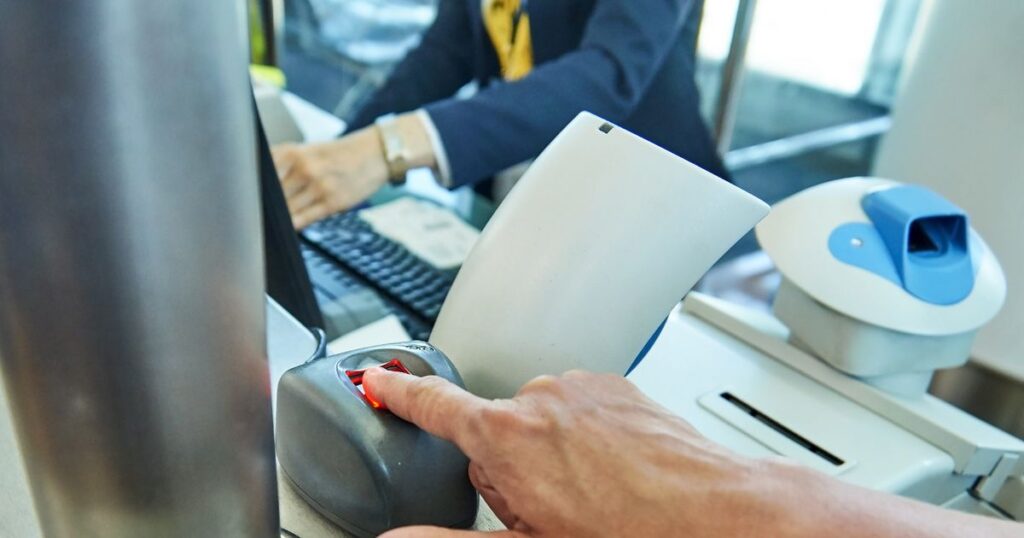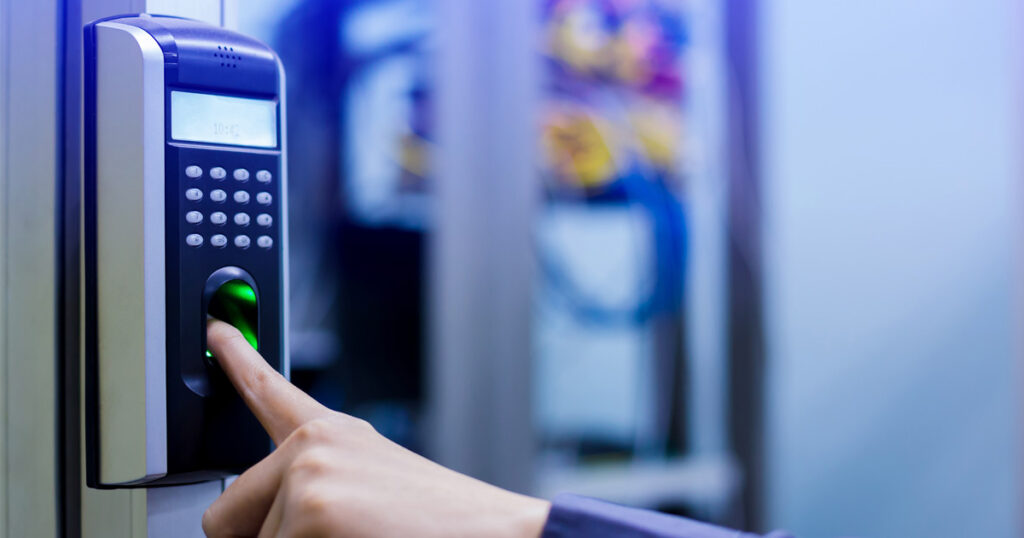In the modern era, traditional attendance tracking methods in workplaces are quickly becoming outdated. The Biometric Attendance System in UAE offers a cutting-edge solution to this age-old issue. This technology offers a secure and efficient method for tracking employee attendance, ensuring accuracy and reliability. By verifying identities based on unique biological traits like fingerprints or facial recognition, the system eliminates buddy punching and enhances overall security measures. This article explores implementing Biometric Attendance System in UAE, offering insights into their benefits, challenges, legal aspects and practical implementation strategies.
Understanding Biometric Attendance Systems:
In a country renowned for its technological advancements, adopting biometric solutions aligns with the UAE’s vision of innovation and progress. Biometric attendance systems utilize unique biological characteristics like fingerprints, facial features, or iris patterns to identify individuals accurately. These systems provide a secure and efficient method of recording employee attendance, eliminating the need for manual timekeeping processes. It streamlines administrative tasks, reduces errors, and provides valuable insights into workforce management.

Benefits of Biometric Attendance Systems:
- Precision: Biometric systems offer precise identification, significantly reducing errors associated with traditional methods.
- Security: Biometric data is unique to each individual, making it extremely challenging to forge or manipulate.
- Convenience: Employees can clock in and out effortlessly without physical cards or passwords.
- Time-saving: Automated attendance tracking streamlines administrative processes, saving valuable time for both employees and employers.
- Cost-effectiveness: Despite initial implementation costs, biometric systems lead to long-term savings by reducing time theft and administrative overheads.
Challenges in Implementing Biometric Attendance System in UAE:
- Cultural Sensitivities: Certain cultural norms and sensitivities in the UAE may pose challenges in adopting biometric technology, particularly regarding privacy and religious beliefs.
- Regulatory Compliance: Compliance with local regulations and data protection laws is crucial when implementing biometric systems to ensure employee data privacy and security.
- Technological Infrastructure: Adequate technological infrastructure, including reliable internet connectivity and compatible hardware, is essential for the successful deployment of biometric systems.
- Resistance to Change: Employee resistance to shifting from traditional attendance tracking methods may hinder the adoption of biometric systems, requiring effective change management strategies.
Legal and Privacy Considerations:
- UAE Data Protection Laws: Compliance with the UAE’s data protection regulations, such as the Dubai Data Law and the Abu Dhabi Global Market Data Protection Regulations, is vital to safeguard employee privacy.
- Consent: Obtaining informed consent from employees for biometric data collection and processing is essential for legal compliance and respecting individual rights.
- Data Security: Employers must implement robust security measures to protect biometric data from unauthorized access or misuse, including encryption and access controls.
Implementing Biometric Attendance Systems:
- Assess Organizational Needs: Identify specific requirements and objectives to select the most suitable biometric system.
- Select a Reliable Vendor: Choose a reputable vendor with experience in deploying biometric solutions in the UAE, ensuring compliance with local regulations.
- Pilot Testing: Conduct pilot testing to evaluate the chosen biometric system’s functionality and effectiveness before full-scale deployment.
- Employee Training: Provide comprehensive training to employees on correctly using the biometric system and address any concerns or misconceptions.
- Continuous Monitoring and Evaluation: Regularly monitor system performance and gather feedback from employees to address issues and optimize functionality.

FAQ’s:
What is a Biometric Attendance System?
A Biometric Attendance System is a technological solution that uses unique biological characteristics, such as fingerprints, facial recognition or iris scans, to accurately record and track employee attendance.
How does a Biometric Attendance System function?
The system captures biometric data from individuals, such as fingerprints or facial features and converts it into a digital format. This data is then securely stored and used to verify the identity of employees when they clock in or out of work.
What are the advantages of implementing a Biometric Attendance System?
Implementing a Biometric Attendance System offers several benefits, including accurate and reliable attendance tracking, elimination of buddy punching, improved payroll accuracy, enhanced security and streamlined attendance management processes.
Is it legal to deploy a Biometric Attendance Function in the UAE?
Yes, it is legal to deploy a Biometric attendance function in the UAE. However, organizations must adhere to data protection regulations and ensure that the system is implemented in a manner that respects employee privacy and rights.
What factors should be taken into consideration when selecting a Biometric Attendance company in the UAE?
When selecting a Biometric Attendance company in the UAE, organizations should consider factors such as the type of biometric technology used, system accuracy and reliability, integration capabilities with existing systems, compliance with local regulations and the reputation of the vendor.
Conclusion:
In conclusion, deploying biometric attendance systems offers significant potential for revolutionizing workforce management practices in the UAE. By harnessing advanced biometric technology, organizations can enhance accuracy, security and efficiency in attendance tracking while ensuring compliance with legal and privacy regulations. Despite challenges such as cultural sensitivities and regulatory complexities, the benefits of Biometric Attendance System in UAE far outweigh the drawbacks, making them a valuable investment for organizations seeking operational optimization in the digital age.

